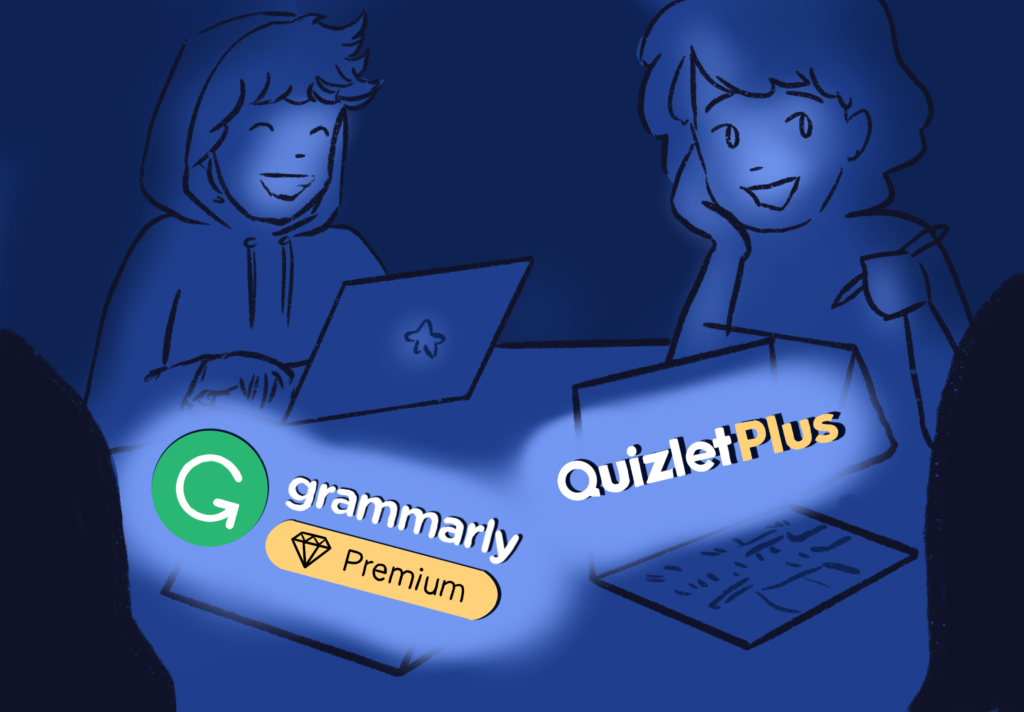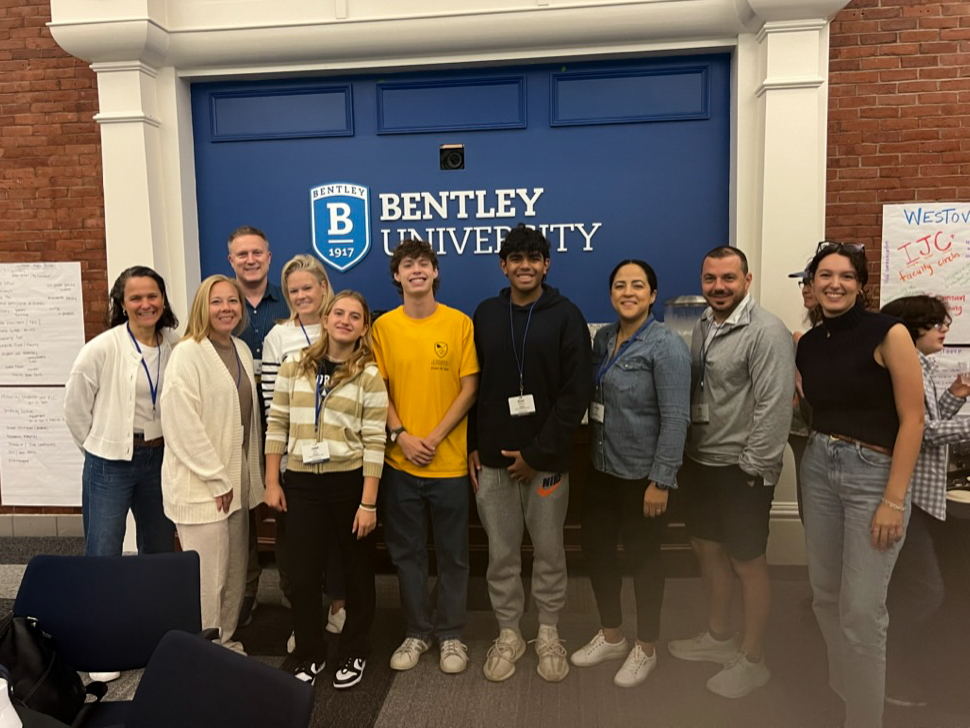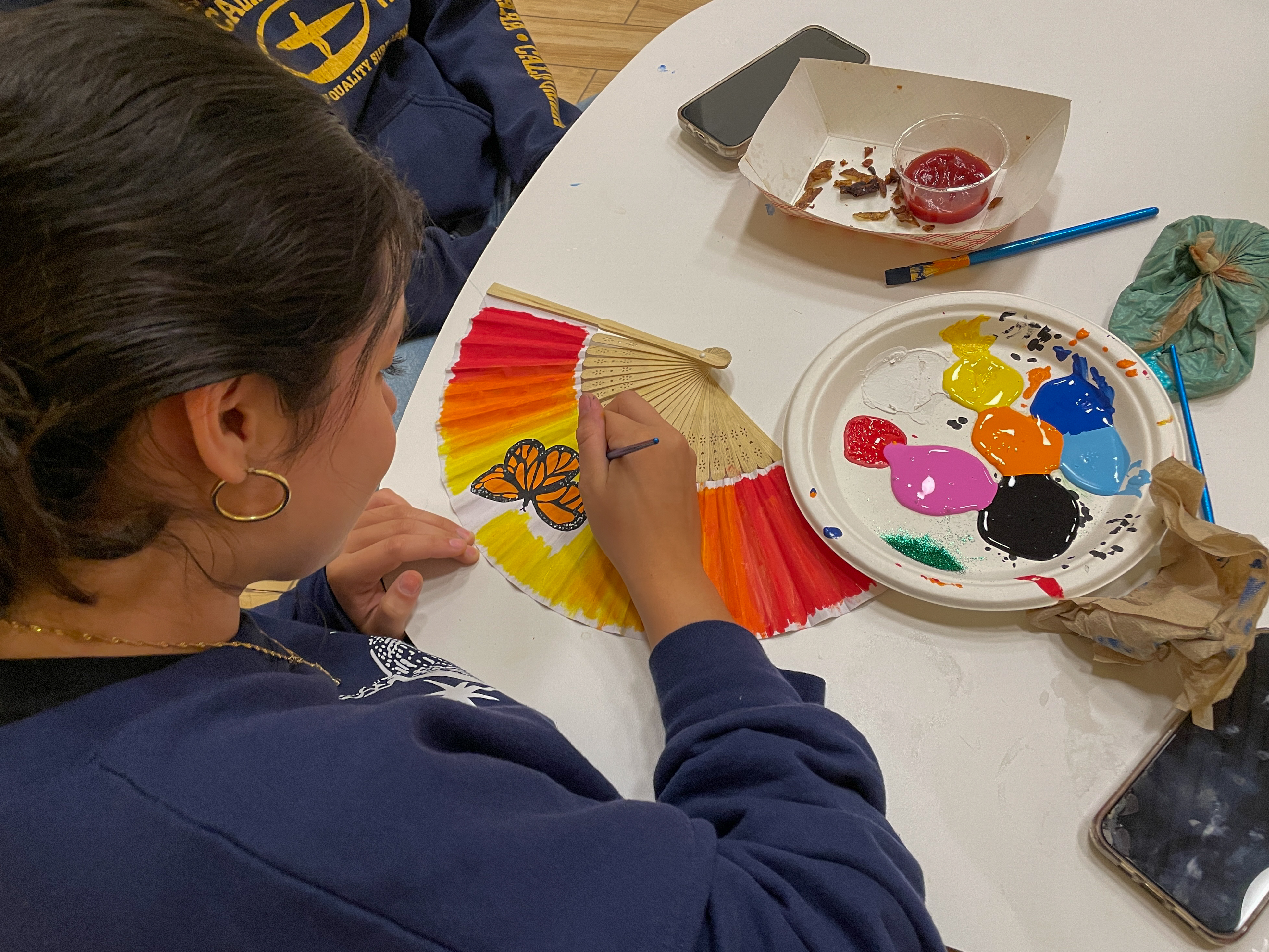Just after the end of classes one week ago, on Friday, January 19, the area outside the Tuck Shop was filled with both students and faculty. To those who didn’t know what was going on, it may have looked like a strange social gathering. In actuality, that gathering of students and faculty was the Course and Signature Program Fair, which lasted for about 40 minutes prior to the Wellness Day programs.
This year’s Course and Signature Program Fair was the second annual event of its kind. Department heads, as well as the heads of the various signature programs, were present to give information about the courses in their field or their specific program, as well as to answer any questions that students may have had. This differed from last year because of the presence of the signature program heads, who were not very involved at the fair a year ago. This fair marked the start of the advising process for selecting courses for next year, providing students with the necessary background about certain programs and classes to make educated choices about which classes they want to take.
Dr. Katie Jewett, Director of Curricular Initiatives, expressed the importance of planning ahead and gaining information from a fair like this. She stated, “We want to make sure that people invest the right amount of time in it, so it shouldn’t be just sitting down for five or ten minutes and picking out a few courses that might work. Especially if you might want to be involved in a signature program, you should plan things out.”
Mr. Kevin Rogers, Director of Studies, added that it is important to get the information into the minds of the students. He commented, “You do always see a handful of students who are like, ‘Oh, I didn’t know.’ And so, it’s just an effort to combat that.”
Choate has seen the addition of many new courses and programs here on campus, and just recently, there has been the addition of two signature programs. The first was the JFK Program in Government and Public Service. This program lasts five terms and is designed for students who are interested in government and politics. For the participants, the program starts in the fall of their fifth form year and ends after the winter term of their sixth form year. There is required public service off-campus, as well as a talk that the student gives towards the end of their senior year.
The other new signature program, which was present at the fair, was the Advanced Robotics Concentration (ARC) program. This program lasts three terms and is for students who are experienced in robotics and interested in higher levels.
Mr. Rogers said, “One of the things that I’ve certainly seen over the last couple of years here is that the curriculum has expanded and there are tons of opportunities, and you have to be savvy about how you want to structure your program.” The structuring of one’s personal program can be made easier through attendance of the Course and Signature Program Fair and other events like this one.
Despite the obvious benefits of this fair for some students, its effectiveness may not have expanded to all four forms. Dr. Jewett noted, “You could say that it’s geared slightly more towards third and fourth formers because fourth form is the time when you apply to several of the signature programs.” Dr. Jewett did also address the usefulness of this event for fifth formers, though: “If you are a junior looking to make the most of your sixth form year and maybe you want to do a capstone, for example, but just haven’t had the chance to hunt down that faculty member you want to work with, this is just another opportunity to set that time aside and have that conversation.”
There were mixed reactions from the students who attended the fair. Matt Lee ’20 felt that the fair was a great help to him in getting the process started for his interest in Arts Con. Lee said, “I didn’t really know who to talk to before, and now that they’re all kind of in one place advertising their special programs, so it was a lot easier to find them and talk to them.”
Despite the helpfulness of the fair, Lee thought some elements of the event that could be improved. “I think a bigger space would be very helpful because a lot of students came, and I don’t think they were expecting that. Also maybe booths or just tables that are labeled with what special program it is,” he explained.
Lizzy Mitchell ’19 found that the fair might have been difficult for underclassmen. She said, “As a junior, I knew who I should be asking, but I think if I was younger and didn’t know, it’s a pretty disorganized fair.”





